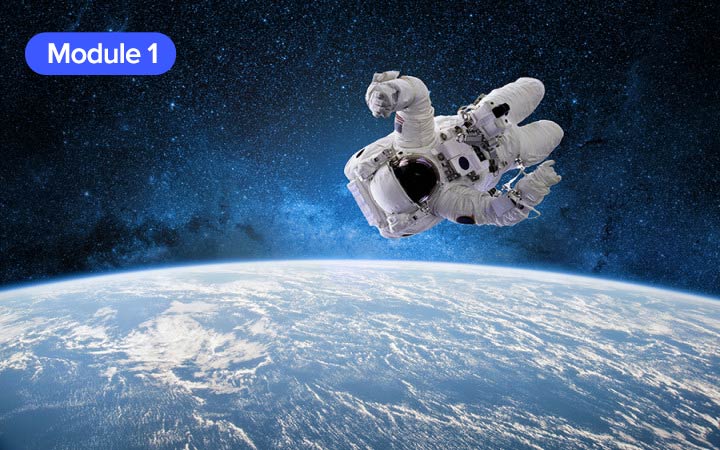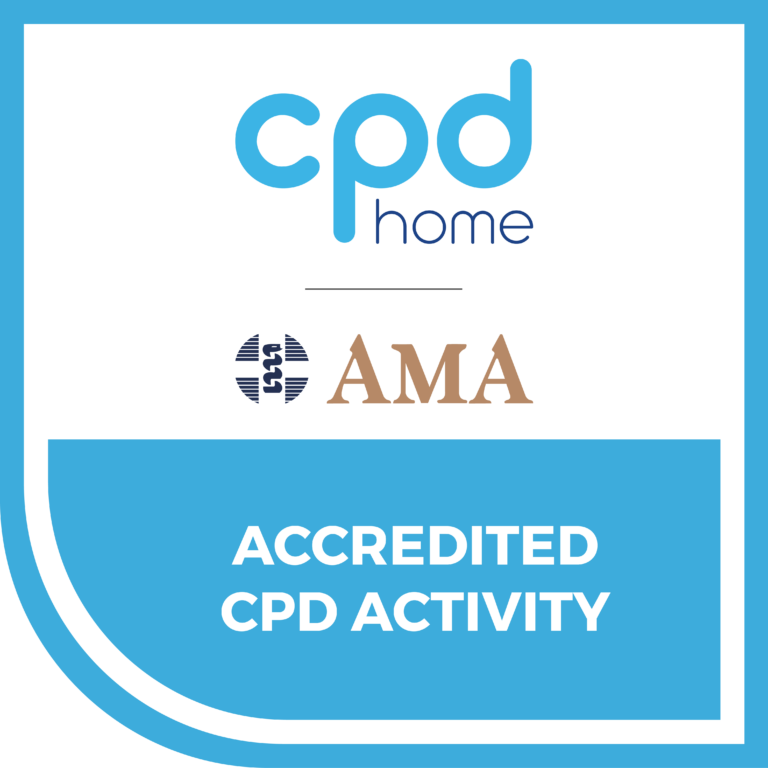Understanding Microgravity
Introduction
Space Port Australia Pty Ltd (www.spaceportaustralia.com.au) is an independent research hub focussing on space health and human factors. Space exploration is a rapidly evolving eventuality and at the time of writing, the Artemis III mission planned lunar landing has an anticipated launch date of September 2026.
A Flight Surgeon is a doctor whose focus is the health, physically and mentally, of their assigned astronaut. Traditionally Flight Surgeons training grew out of the NASA space program, requiring the physician to be recognised under the (US) boards as a specialist and then they continued their education, passing their Aerospace Medicine Board examination. Aerospace Medicine is located under the over arching board of Preventative Medicine. In this system, bearing in mind that the US medical training system is different from the Australian/UK model, any individual from any recognised speciality can complete their Aerospace Medicine Board examinations, however they are expected to maintain clinical and educational currency in their primary discipline.
The American system of education requires a residency to be completed, residency’s were and remain rare and difficult to obtain. Outside of the American system, there are few opportunities for motivated doctors to take part in the space industry. It requires specialist knowledge and training, and a practical experience has been difficult to arrange.
However the last 10 years has seen the ‘space race’ increase dramatically, with unpredicted countries landing on the Moon in an apparent rapid ascent and mastering of relevant technology. After the return to Earth’s Moon, the next ambitions step is for human travel to Mars. Flight Surgeons and the global space workforce are yet to meet demand and the predicted event is workforce shortages in all sectors. Industry is working hard to come up with viable education and training solutions.
Space flight is not without it hazards, and fundamentally the issues encounter over 70 years ago, have not been resolved. Microgravity, gravity designed as not of the 9.8m2 g of Earth has an unhealthy affect on the human body and indeed all biological cellular structures from Earth. In the human this can affect all major organ systems, as well as the muscular-skeletal systems, immune and neurological system. Data collected for the most part has been from male astronauts, and limited knowledge has been gained concerning female humans in space, their reproductive potential and what challenges will occur when colonisation occurs in lower than Earth gravity.
Course Structure
This course is structure using internet and video resources, thought out the course you will be required to confirm your learning of concepts with aid of a mini MCQ’s.
These modules are created as self paced, and to encourage self exploration of the themes. Ideally you should be familiar with PubMed https://pubmed.ncbi.nlm.nih.gov an online and free resource, searchable for published peer review papers. You are encouraged to conduct your own searches in those areas that are of interest to you.
In each section you will find a selection of Video Tutorial and Resources that you are encouraged to review and research. At the end of each section there are Additional resources to help your self directed learning.
This course is a Pass/Fail course and non-graded with regards to MCQ’s however to move to the next section of the course you are required to gain 70% correct answers on each mini MCQ. At the successful completion of this module you will be able to generate your completion certificate which has been awarded 20 Education hours by ACRRM and the AMA CPD Home.
Modules
There are a number of Modules in this CPD series; the modules can be completed in any order however it suggested that you complete them in numerical order for ease of topic logic.
Most modules will contact mini quizzes (MCQ) and a final quiz. A minimum of 70% is required with the mini quizzes to move forward with your module.
These modules are created as self paced, and to encourage self exploration of the themes. Ideally you should be familiar with PubMed https://pubmed.ncbi.nlm.nih.gov an online and free resource, searchable for published peer review papers.

Understanding Microgravity
Fee: $550 Include GST

